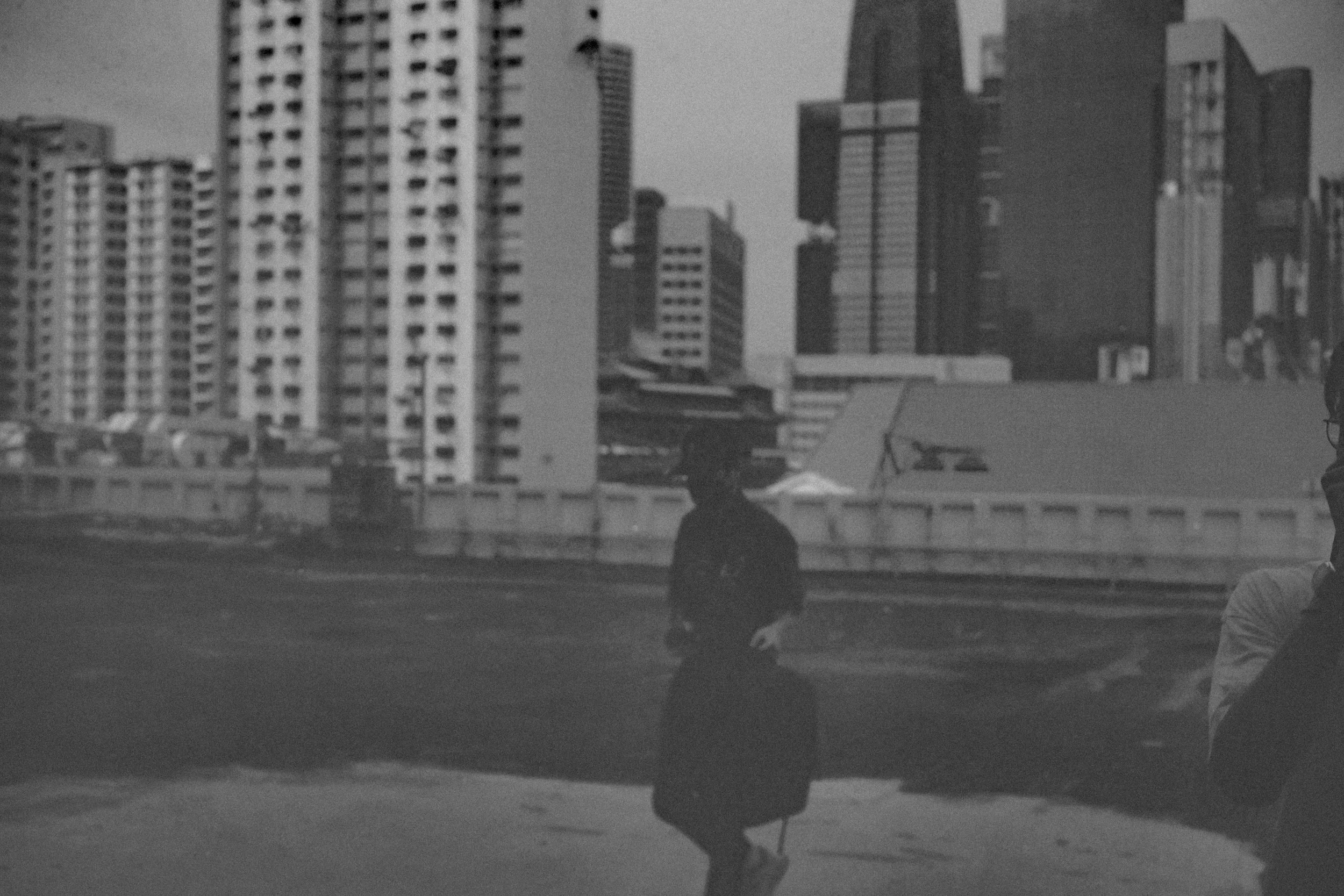Your Story Matters: Immigration, Trauma, and the Journey Toward Healing
Photo by Phạm Trọng Họ
Was this your father’s story? Your grandmother’s? Is it your own?
Imagine stepping into a country where the language feels like a locked door and the culture an ever-shifting landscape. It’s the late 1950s. A young man arrives in New York City - not with a visa, but by quietly choosing not to return to the cargo ship that brought him here. He rents a room in the Lower East Side, leaves home only at night, and tucks a newspaper under his arm to appear fluent in a language he cannot read. He takes whatever work he can find. He meets someone. He becomes a husband. A father. A provider.
Photo by Samuel Sng
That story may feel far away, but for many of us, it’s not. It echoes in our family histories, our values, and even in our nervous systems. And for some, it’s not history at all - it’s still unfolding. It might be a cousin who arrived in New York post-pandemic on a student visa, now navigating complex immigration systems while working long hours. It might be a neighbor who fled instability in their home country and now carries the burden of caregiving, isolation, and economic pressure - all while trying to survive in silence.
As the child of Chinese immigrants born and raised in New York City, and a therapist - our stories matter. I’ve had the honor of sitting with people from countless cultural backgrounds. And while the languages, geographies, and timelines vary, there’s a shared emotional landscape many immigrant families navigate - one shaped by displacement, responsibility, silence, survival, and longing.
Photo by Tommao Wang
So often, the trauma of immigration doesn’t look dramatic from the outside. It looks like:
Relentless self-sacrifice
Guilt for taking a break
Anxiety about money or “being a burden”
Feeling split between generations or identities
The belief that therapy is indulgent - or not for “people like us”
But those behaviors are not personality flaws. They’re adaptive survival strategies. And while they may have helped you (or your parents or grandparents) get through hard times, you are allowed to outgrow survival mode.
Photo by Alex Green
Therapy can offer space to reflect - not just on what happened, but on what matters now:
What do you value?
How do your actions bring you closer to or further from those values?
What old survival patterns are now costing you peace, connection, or joy?
You don’t have to explain everything from scratch in the therapy room. You don’t have to defend your pain or justify your rest. Whether you're first-generation, undocumented, a child of immigrants, or navigating bicultural identity, your story deserves to be heard with care and context.
Our histories shape us - but they don’t have to define us. Healing isn’t forgetting. It’s remembering with compassion. It’s learning to live fully - not just function.
You deserve that. Your story matters. Make an Appointment with me if you'd like to work through your story together.
Ricky Weng, LMSW (he/him), believes healing starts by meeting you exactly where you are. He works with adults, couples, families, and small groups to navigate life’s challenges, including depression, anxiety, grief, and the impact of change or transition. With compassion and care, he works with you to move toward growth, balance, and a deeper sense of self.





